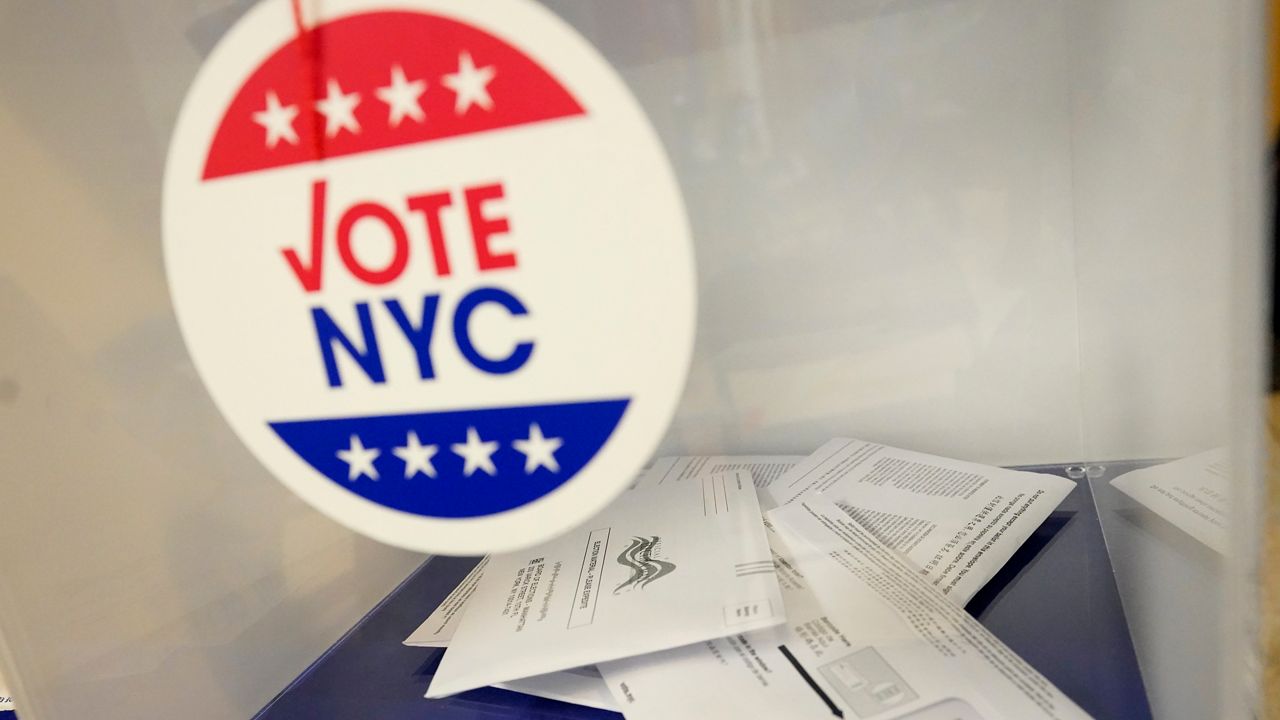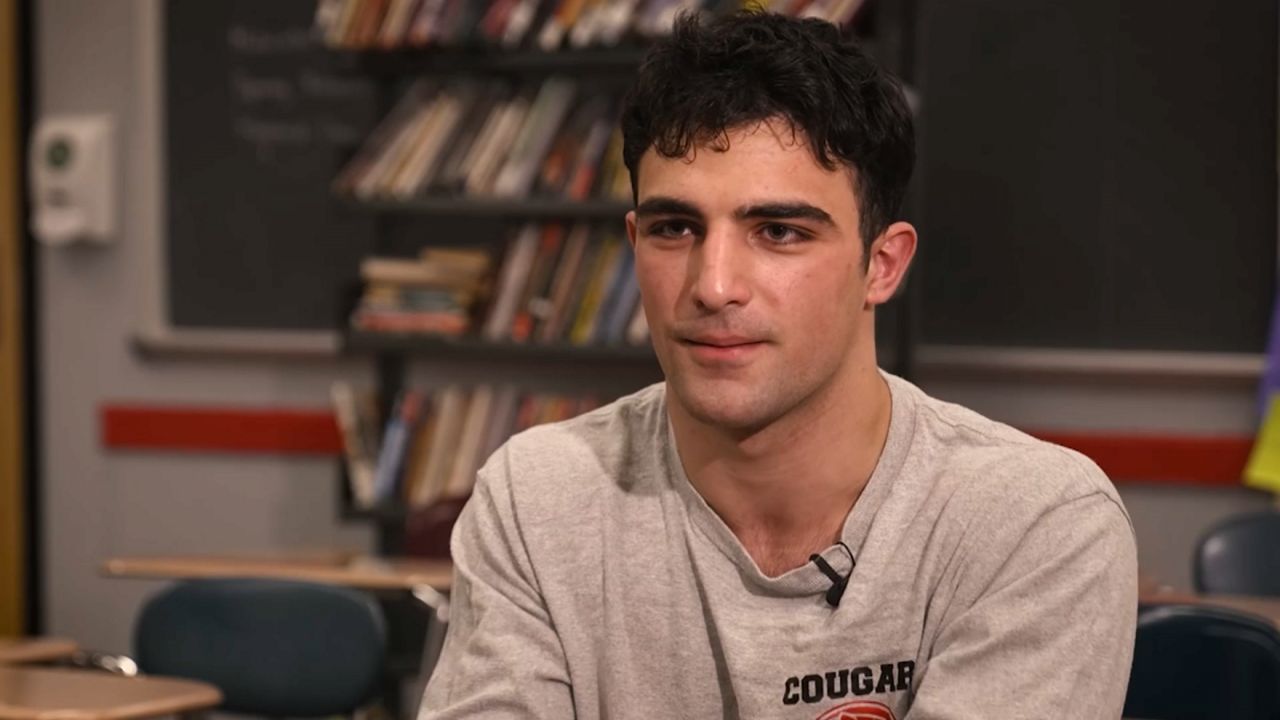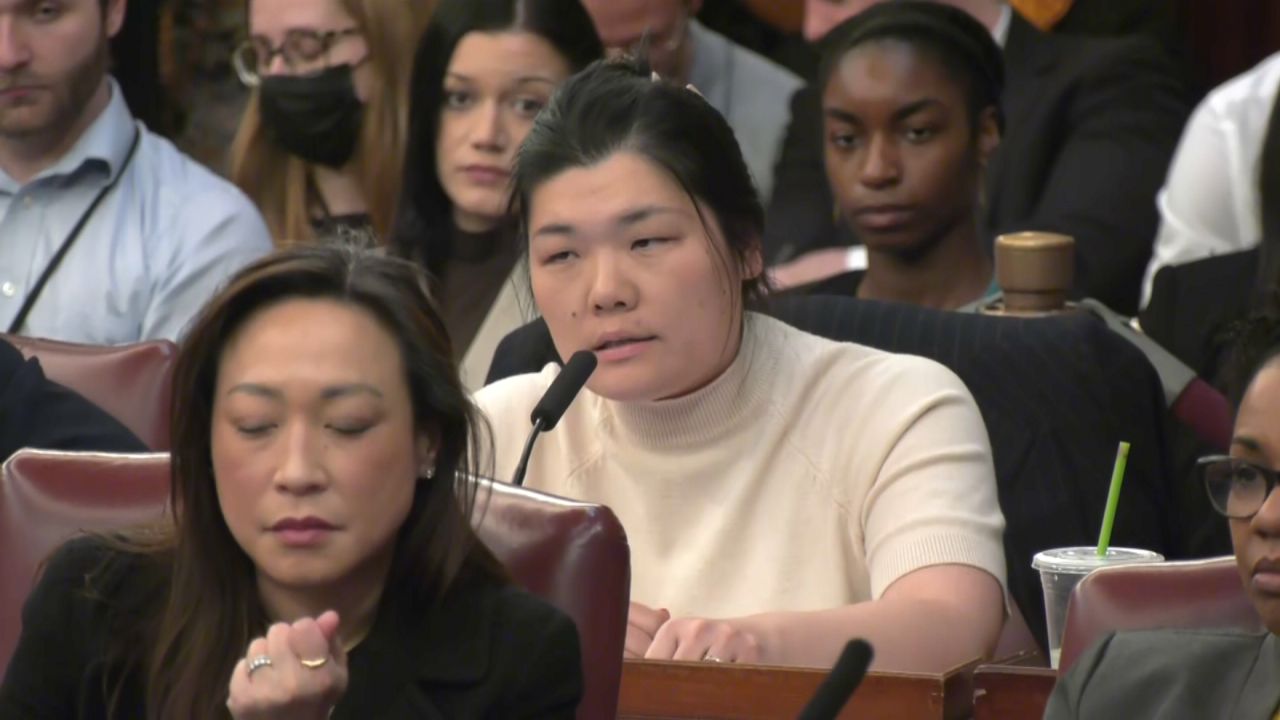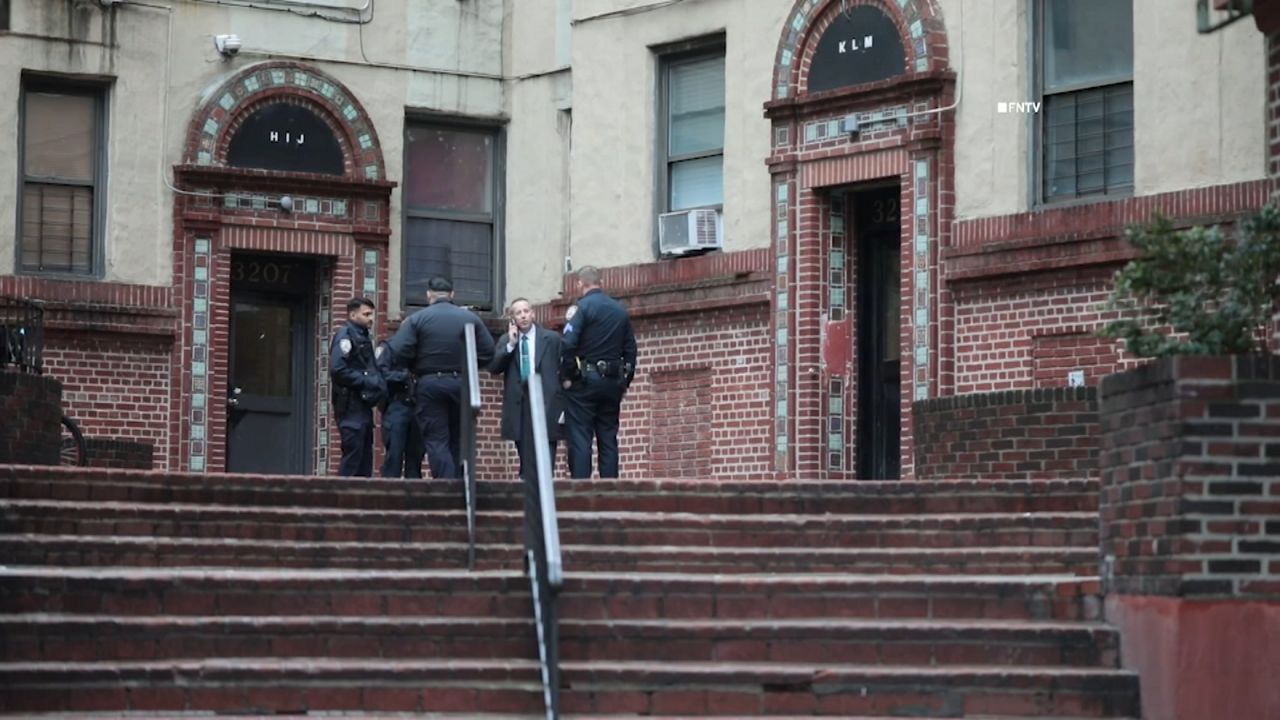“You have to prepare them. It's like athletes. You have to get the proper food, the vitamins, the minerals, the rest,” says Green.
Joe Green spends many hours on this roof in Gravesend. It's where he breeds and trains racing pigeons.
"You have here what you call sprinters, middle distance and long distance,” says Joe Green pointing to the pigeons.
Green works for the city housing authority, maintaining properties. But his real passion is maintaining his flock of 300 pigeons. He raised pigeons as a child growing up in Brownsville. Then as a teenager, he got into racing.
“You have to prepare them. It's like athletes. You have to get the proper food, the vitamins, the minerals, the rest,” says Green.
There used to be dozens of pigeon racing clubs in the city, but the sport's popularity has waned. Green might be the biggest pigeon racer left.
He says he knows every one of his birds. He keeps track of them by their leg bands.
"All these birds here I know every band number. So his number is 260. He has a 2016 so right now he's three years old. So he was one of my good racers. This is how you hold them,“ says Green.
In pigeon racing, the birds are brought to a designated location, then released simultaneously. The birds use their remarkable homing abilities to return to their coop. The band clocks them when they arrive and their average flying speeds are calculated electronically. The pigeon with the fastest speed, wins.
Green says the birds learn their surroundings here so when he releases them, they can find their way back. He trains them to return to this landing strip.
He also gradually builds up their stamina with daily releases. Some can fly 8 hours nonstop at up to 70 miles per hour. He enters those birds in competitions that begin in Pennsylvania or Ohio.
"It's a great feeling to know that you took this bird 60 miles and he's home. It's the adrenaline rush that comes every day with racing,” says Green.
There are two seasons for pigeon racing: the spring and the fall, which just wrapped up. So now Green goes into breeding season.
"Over here in this section that I have right here are all the females, your hens,” says Green.
The goal is to get his birds to mate and produce powerful offspring.
“Basically, you take your best female and your male that you think that’s done good during the racing season and you put them here for seven to ten days,” says Green.
Green says there's no guarantee for a super pigeon, but in his 40 years of pigeon racing, he has a great track record of breeding winners.









